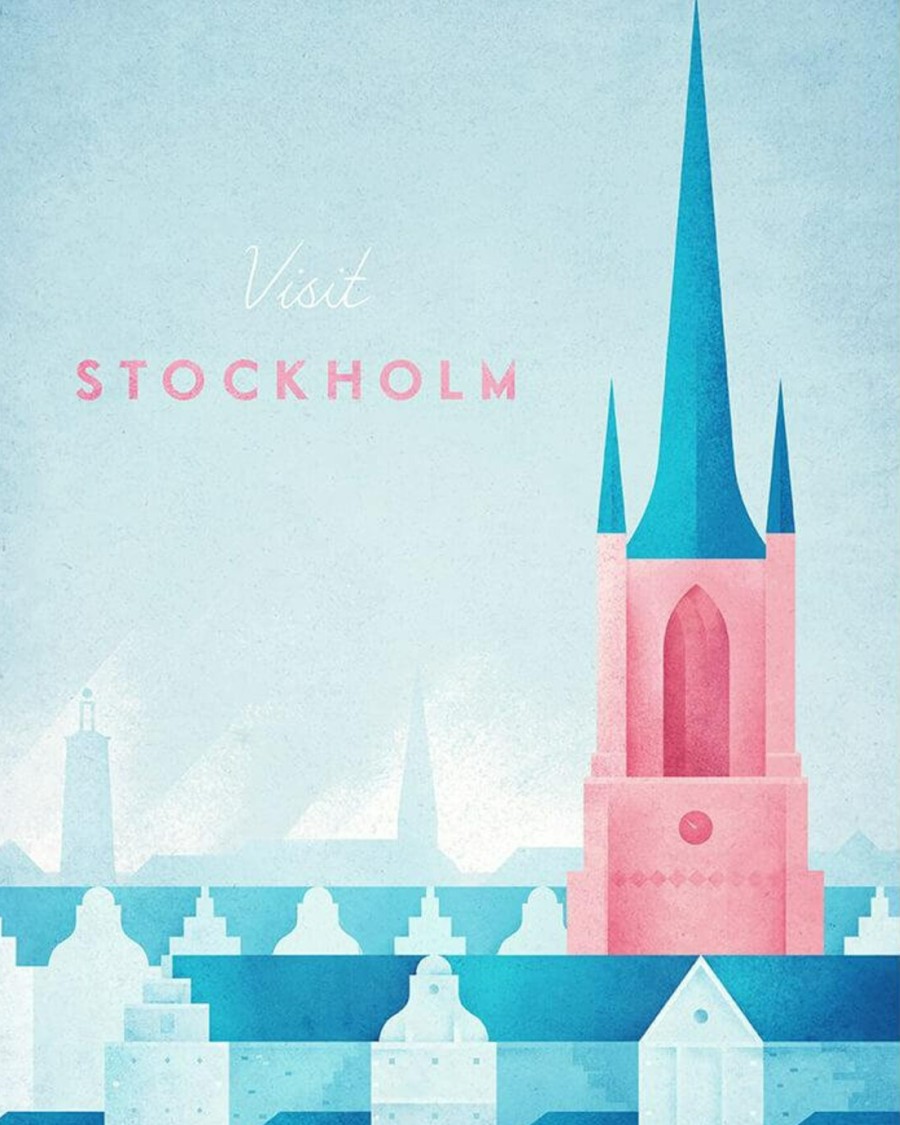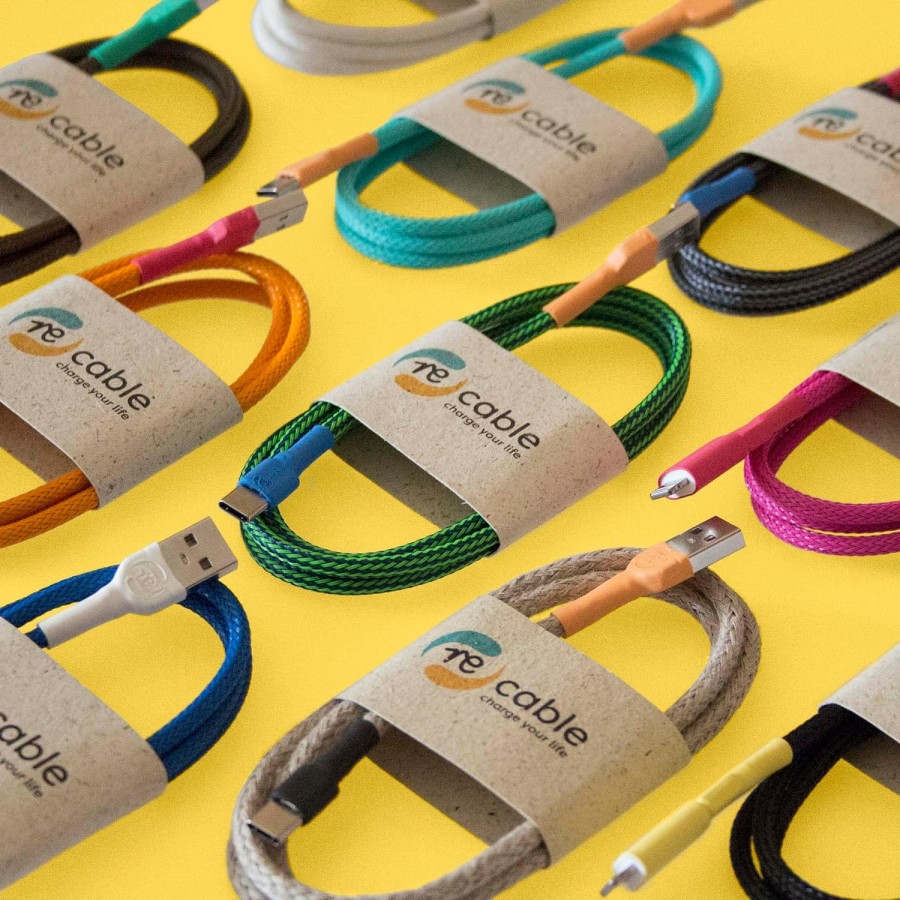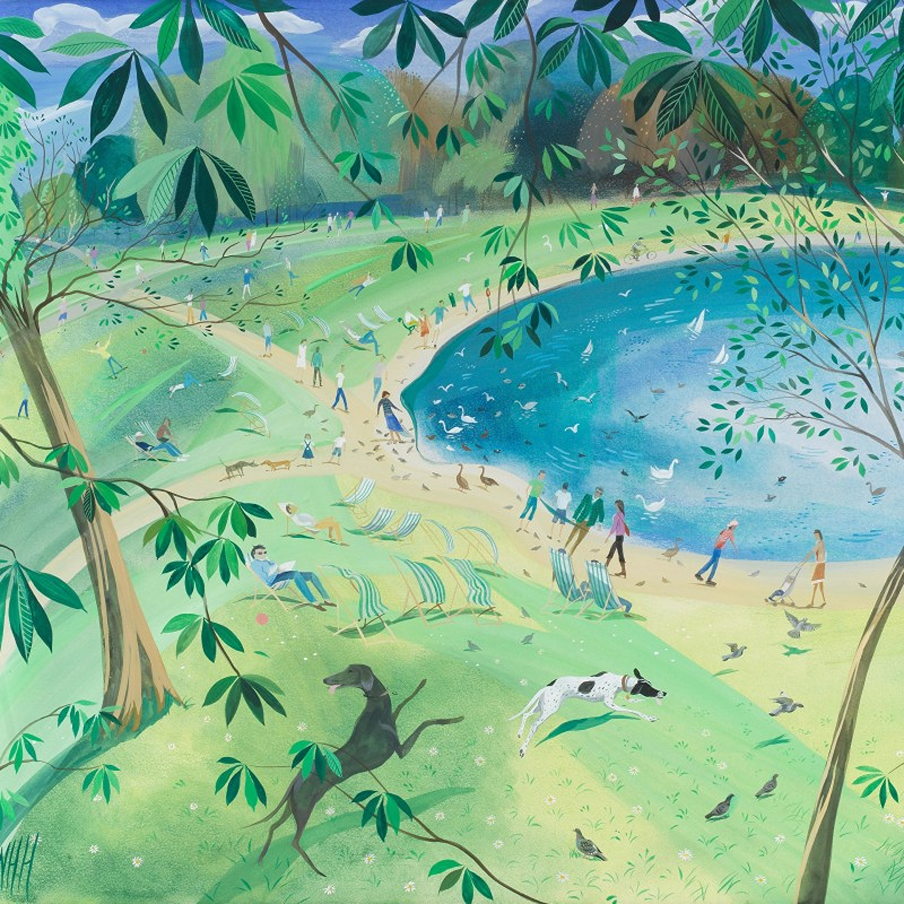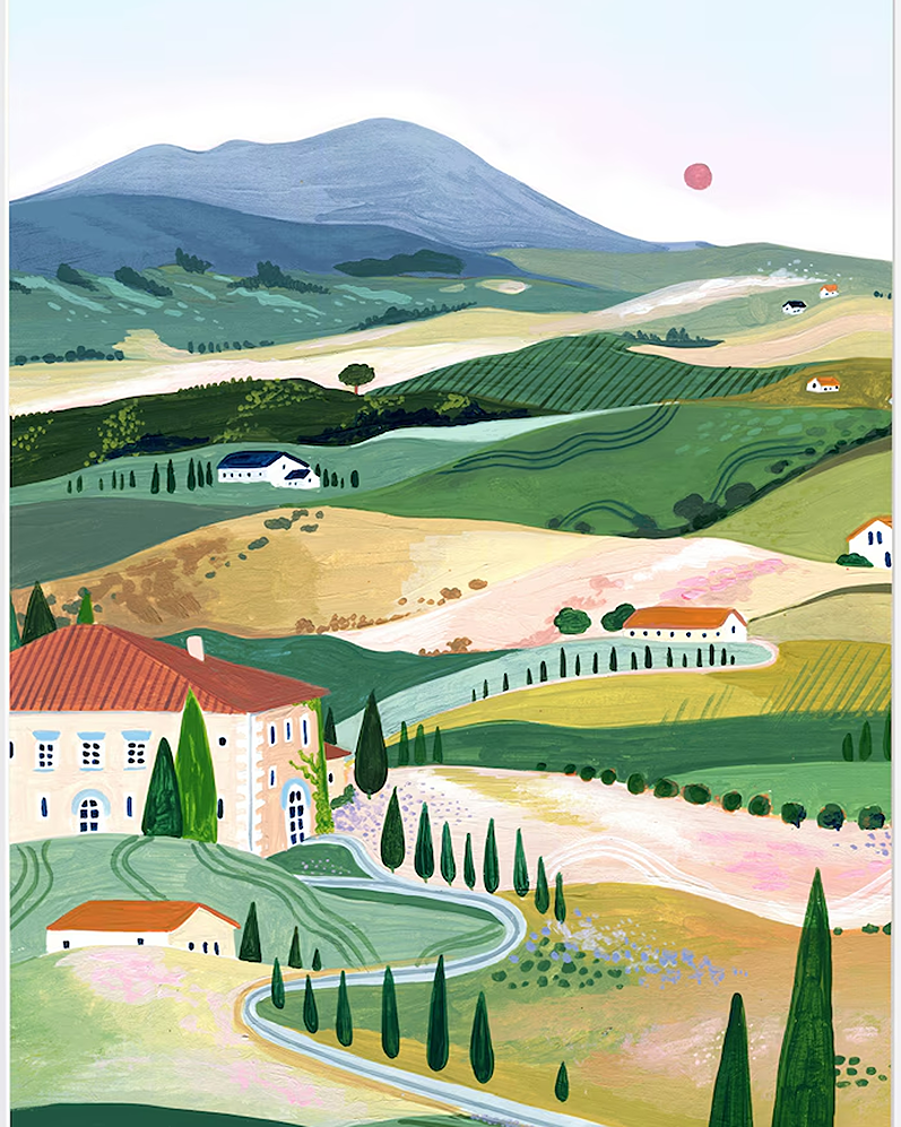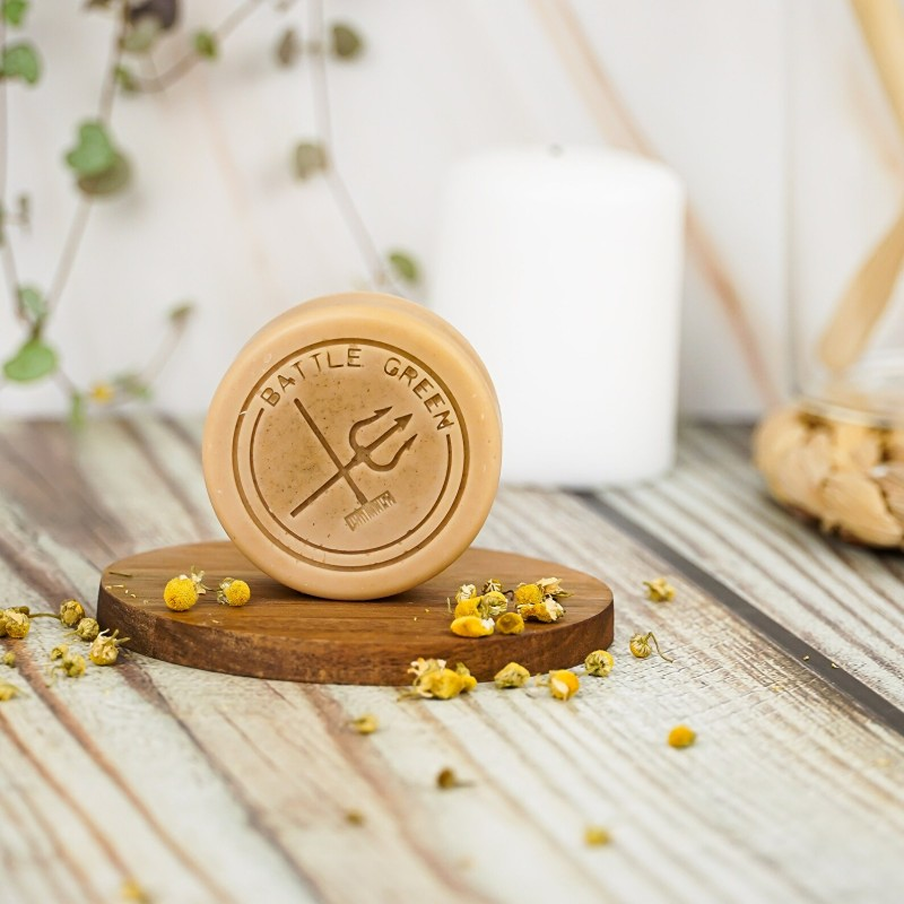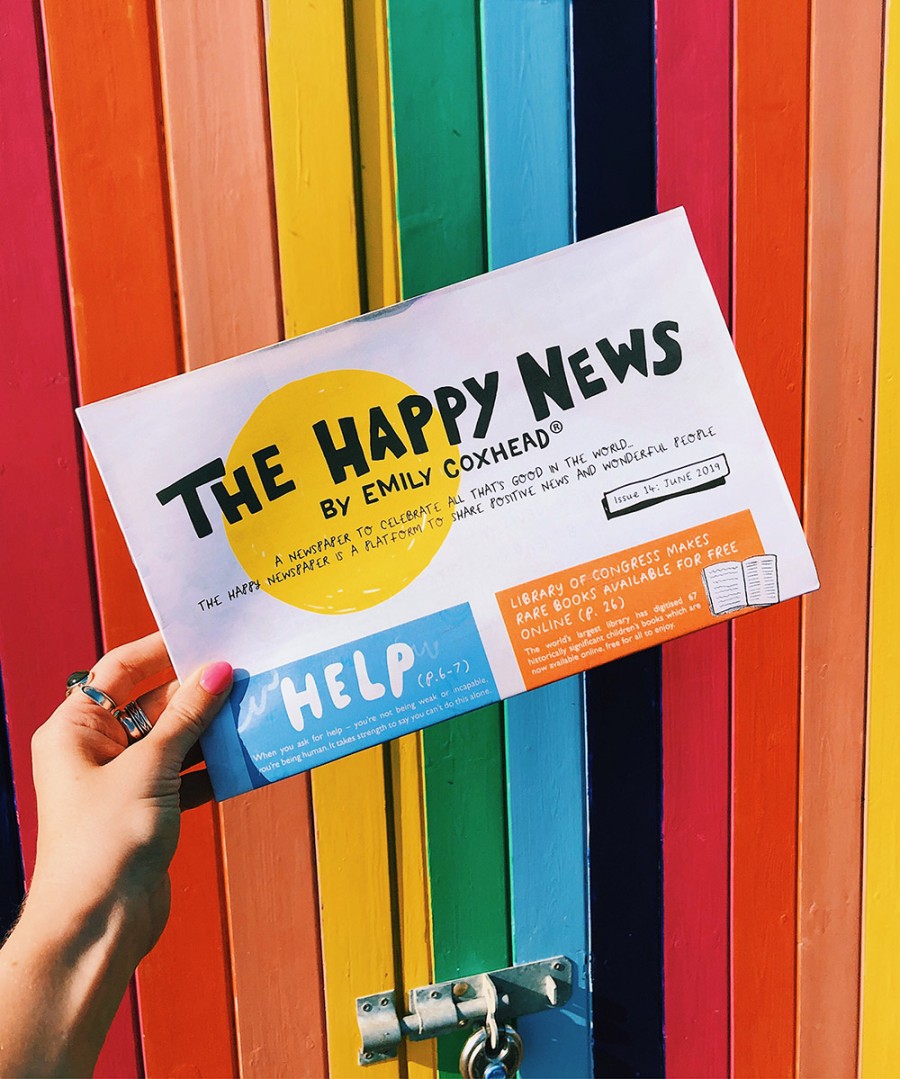
Millions of people buy newspapers, but likely does not do most people much good. Most newspapers are not news (they are just biased printings of gossip, adverts and more adverts, along with results of racing (has welfare issues) and perhaps the TV schedules, fake horoscopes and a bit of sport.
The sensitive souls among us who can’t even watch TV news, likely don’t find much joy in newspapers either. While others may see an article or read something heartbreaking then forget about it, the rest of us go to pieces, empaths imagining the suffering of others. Of course newspapers argue that they have responsibility to publish the news, in order to inform. But you’ll get better information from citizen-funded weekly newspapers or online sources, and this produces more constructive ways to help, rather than giving to big funding charities that often don’t make best use of donations anyway.
Not reading newspapers (or watching rolling news) does not mean that you don’t know what’s going on. As someone rightly said, if we are at war – someone will likely tell you. Swiss thinker Rolf Dobelli gave up reading the news years ago, and has never looked back. He asks you – out of all the thousands of news items you have read in the last year – which have done you any good – or helped others? Likely none of them. Far better instead to educate yourself by reading good books, then donating to small charities that help, of your own choosing. Your life will also be quieter and more peaceful. And as we all know, the only way to world peace, is for us to find inner peace.
The newspapers also never explain. You may read about the war on cancer, countries bombing each other, high crime rates and political arguments like ‘economic growth’. But do you actually understand any of them? If the answer is no, this is not because you’re stupid. It’s because ‘soundbites’ never tell the whole story. Why are our cancer and crime rates so high? Why is economic growth ‘old politics’ and why do journalists never ask MPs why they keep banging on about it? Because newspapers (and TV channels) are sponsored by industry, who would pull funding if they asked questions that we want answered. Nearly all newspapers in England are owned by a few super-rich families.
News stories are overwhelmingly about things you cannot influence. It grinds us down and I would not be surprised if news consumption at least partially, contributes to the widespread cause of depression. I don’t know a single truly creative mind who is a news junkie. I know a bunch of viciously uncreative minds who consume news like drugs. If you want to come up with old solutions, read news. If you are looking for new solutions, don’t. Rolf Dobelli
If you do want to read a newspaper (but don’t want a nervous breakdown by the time you’ve finished your coffee break), Byline Times is a wonderful alternative that you can read online or subscribe for paper copies), and it also has a TV news show. Strongly endorsed by Hugh Grant (who you may remember was livid when he found out he had been tapped by newspapers), another good indie newspaper is Canary, owned by a workers coop. Both are funded by subscription, so don’t have to bow to advertisers or politicians.
switch to a positive newspaper!
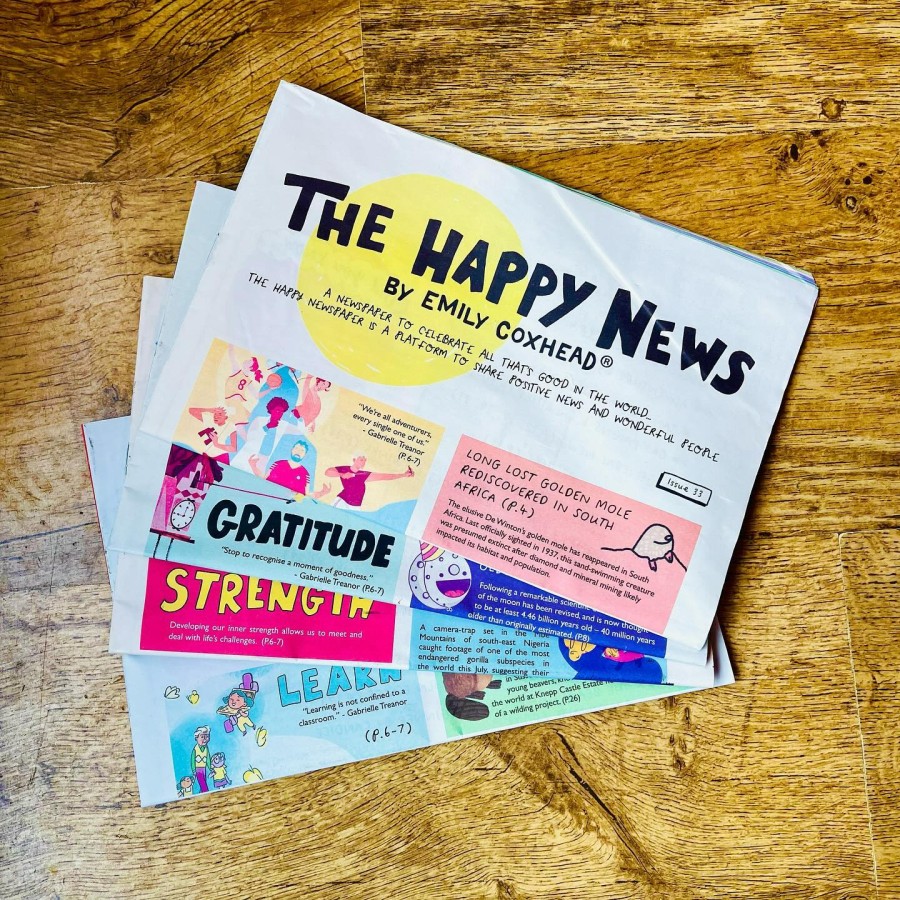
The Happy Newspaper is ideal, if you like to hear about the good being done. It’s packed with good news stories from across the world, and there is also a free version for schools. Launched with a Kickstarter campaign around 10 years ago, today this 32-page publication is uber-popular, with a special edition for schools and stories dedicated to Everyday Heroes and news from around the world. Each issue is based around a theme and includes features, poems, showbiz and colourful illustrations.
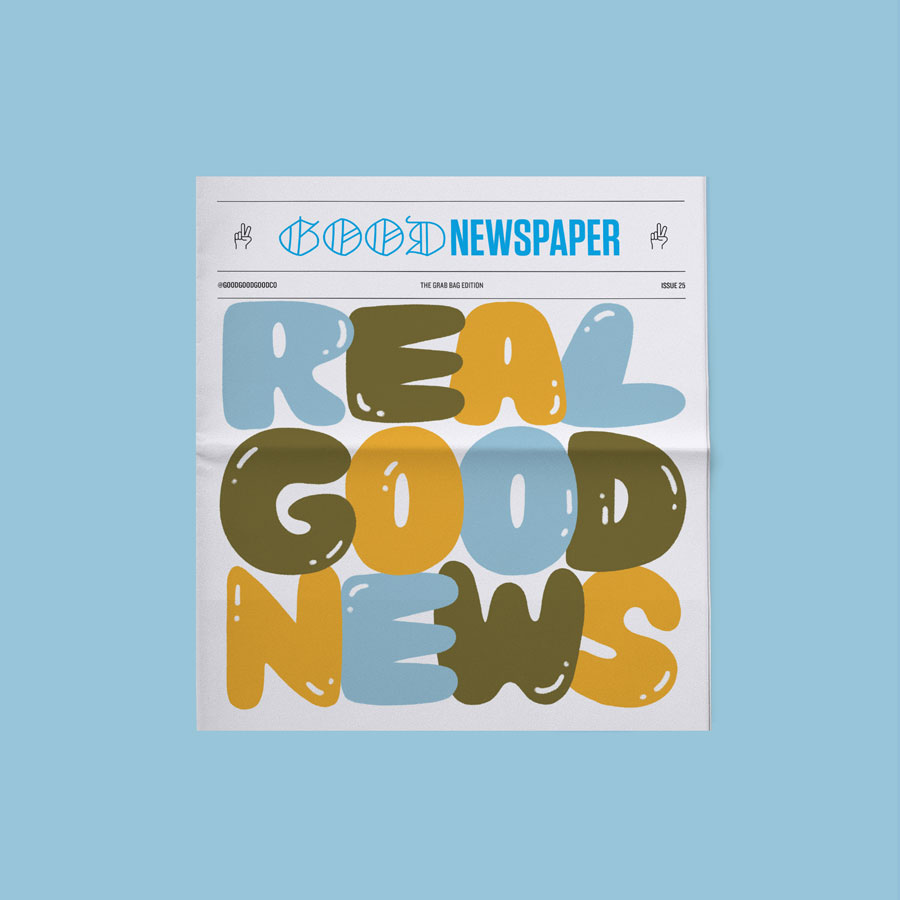
Good newspaper (US) was inspired by a quote from Fred Rogers, who said ‘ Look for the helpers. You will always find people who are helping’. It has a super post on how to stop the spread of misinformation on Ukraine (and donation options to help animals caught up in war).
The latest edition focuses on plants, with articles on Australian trees, eco-florists and stories of botanists in Ukraine who risk lives to save precious plants. Learn how to make gardens safe for pets (includes indoor plants to avoid). Avoid facing indoor foliage to gardens, to help stop birds flying into windows.
a magazine packed with positive news
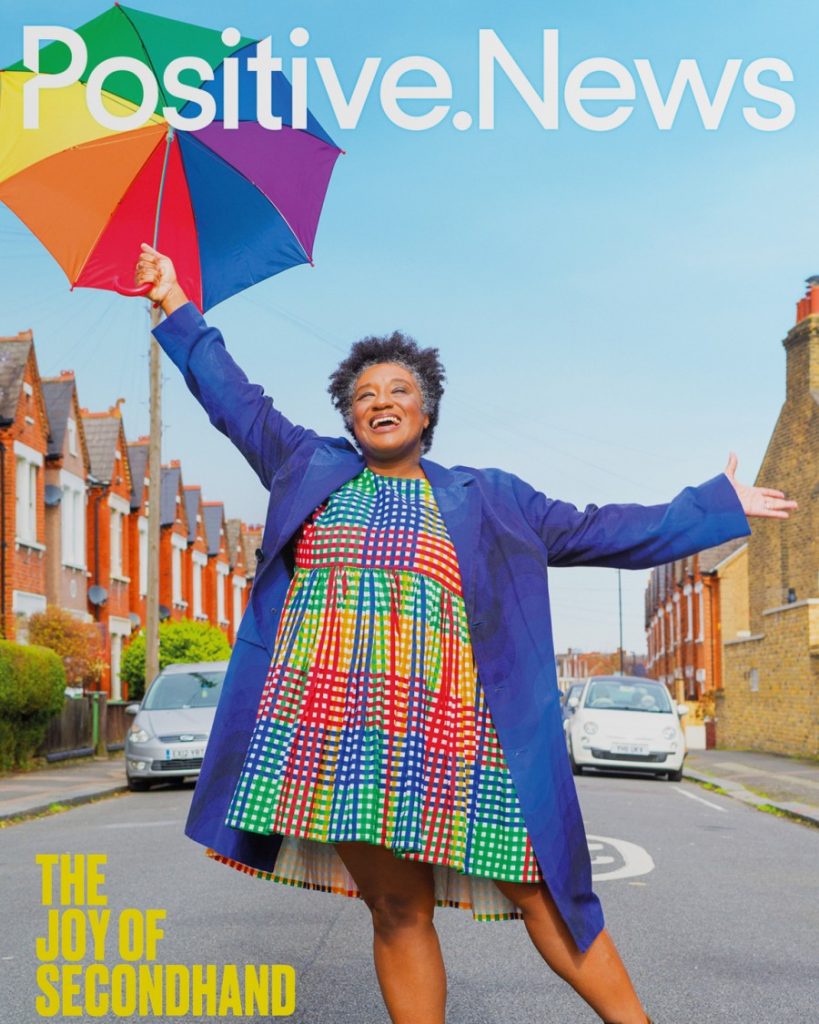
Positive News is published quarterly, and includes stories of social and environmental progress, quality independent reporting focused on solutions, and tips to boost wellbeing. You can find this sometimes in local veggie cafes and independent shops. Sample articles include:
- The menu at the world’s first zero-waste restaurant
- For the love of libraries
- Life after sexual assault
- Life after leaving a cult
- How to shrink your digital footprint
positive news for youngsters (inspired by Jill Dando)
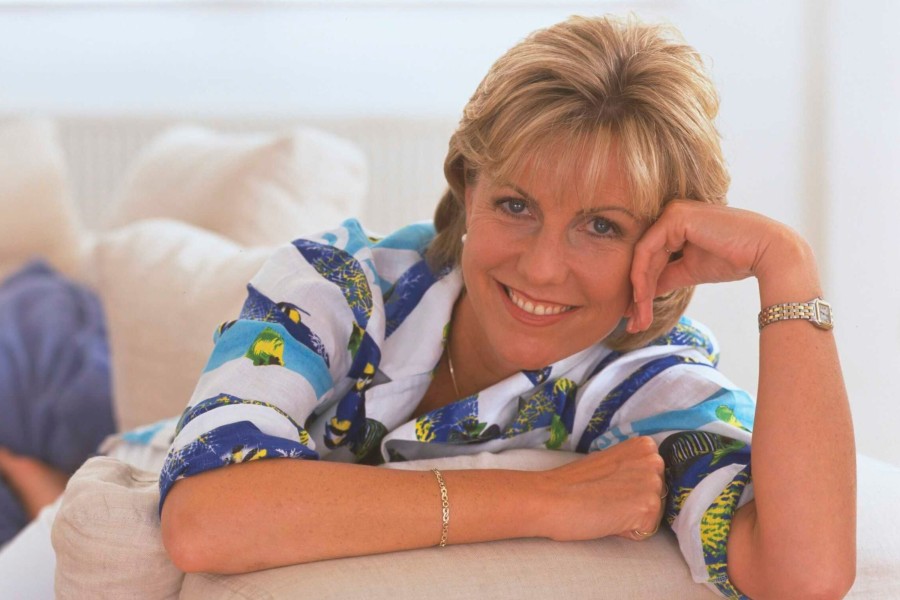
The Good News Post is an online digital newspaper, packed with good stories. It’s a lovely story, powered by an ‘expanding army’ of young journalists age 7 to 18, all trained by professionals, inspired by the memory of BBC TV reporter Jill Dando, in her manner of kindness, empathy and positivity (her brother who is also a journalist helps out). Already some have interviewed MPs and the site has its own mental health and disabilities correspondents.
online positive news from an Italian cartoonist
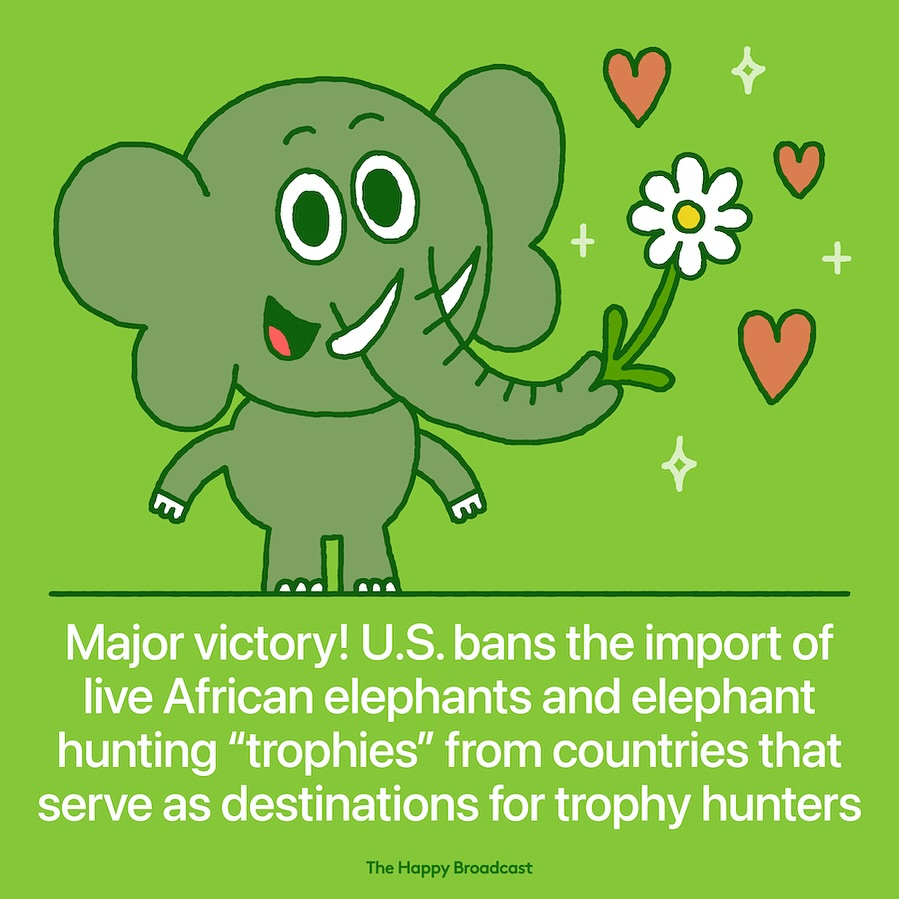
The Happy Broadcast is a fun site run by an Italian cartoonist who lives in the US. He found that after reading the news, it upset his day, so instead decided to create daily cartoons to highlight the good things that are happening in the world. Latest good news includes:
a weekly newspaper from the Quakers
The Friend magazine is more a weekly newspaper from the Quakers (often called ‘western Buddhists’, this religion broke away from the Church of England to campaign for peace, environment, animal welfare and prison reform. The latest article covers calls for a ceasefire in Ukraine, the upcoming general election, gender-based violence, modern slavery and fundraising for a peace garden. It’s not ‘positive news’ as such, but it is peaceful and designed to find solutions, rather than cause upset.


